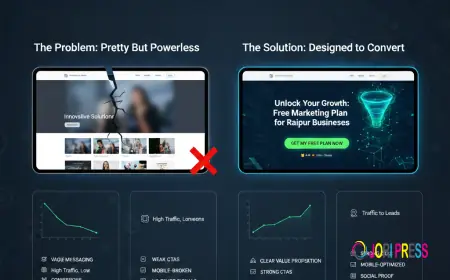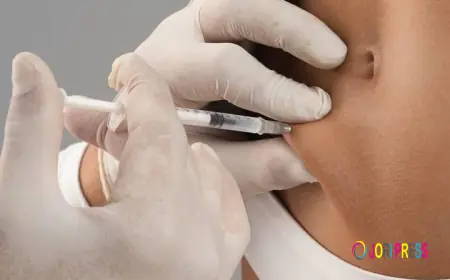Beyond the Basics: A Guide to the Diverse World of Mental Health Treatment Centers
When you or a loved one needs mental health support, the options can seem overwhelming. "Treatment centers" aren't a one-size-fits-all solution; they encompass a wide variety of settings and levels of care, each designed to meet specific needs.

When you or a loved one needs mental health support, the options can seem overwhelming. "Treatment centers" aren't a one-size-fits-all solution; they encompass a wide variety of settings and levels of care, each designed to meet specific needs mental health nashville tn. Understanding this spectrum is crucial for making informed decisions about your healing journey.
Types of Mental Health Treatment Centers and Their Services:
-
Acute Inpatient Hospitals/Psychiatric Units:
-
Purpose: Crisis stabilization, safety, and rapid symptom reduction for severe mental health emergencies (e.g., severe psychosis, acute suicidal ideation, unmanageable mania).
-
Services: 24/7 medical and psychiatric care, medication management, brief individual therapy, group therapy focused on stabilization and psychoeducation, and discharge planning.
-
Duration: Short-term, usually days to a few weeks.
-
-
Residential Treatment Centers (RTCs):
-
Purpose: Comprehensive, immersive treatment in a structured, non-hospital environment for chronic conditions, co-occurring disorders, or as a step-down from inpatient care. Focus on therapeutic healing and skill-building.
-
Services: Intensive individual, group, and family therapy; medication management; life skills training; educational components; holistic therapies (art, music, recreation, equine); and robust aftercare planning.
-
Duration: Weeks to several months.
-
-
Partial Hospitalization Programs (PHPs):
-
Purpose: Highly structured day treatment for those needing intensive therapy but not 24/7 residential care. Patients attend programs for several hours a day, most days a week, and return home at night.
-
Services: Similar to inpatient therapy (group and individual), psychoeducation, skill development, medication management.
-
Duration: Weeks to a few months.
-
-
Intensive Outpatient Programs (IOPs):
-
Purpose: A step down from PHP, offering structured therapy for fewer hours and fewer days per week. Allows patients to integrate treatment with work, school, or family life.
-
Services: Group therapy as a primary modality, individual counseling, skill-building, and support for navigating daily challenges.
-
Duration: Several weeks to months, depending on progress.
-
-
Traditional Outpatient Clinics/Private Practices:
-
Purpose: Ongoing support, symptom management, and personal growth for stable individuals.
-
Services: Weekly or bi-weekly individual therapy, couples therapy, family therapy, medication management with a psychiatrist, and occasional group therapy.
-
Duration: Varies widely, from short-term to long-term.
-
Choosing the Right Center:
The best treatment center is one that aligns with the severity of the mental health condition, the individual's needs, and their stage of recovery. A professional assessment is the best way to determine the appropriate level of care, ensuring a tailored approach that maximizes the chances of successful, lasting recovery.
What's Your Reaction?
 Like
0
Like
0
 Dislike
0
Dislike
0
 Love
0
Love
0
 Funny
0
Funny
0
 Angry
0
Angry
0
 Sad
0
Sad
0
 Wow
0
Wow
0



















































